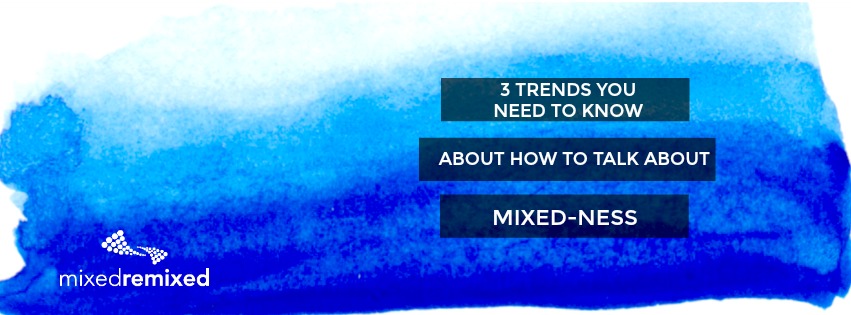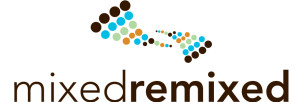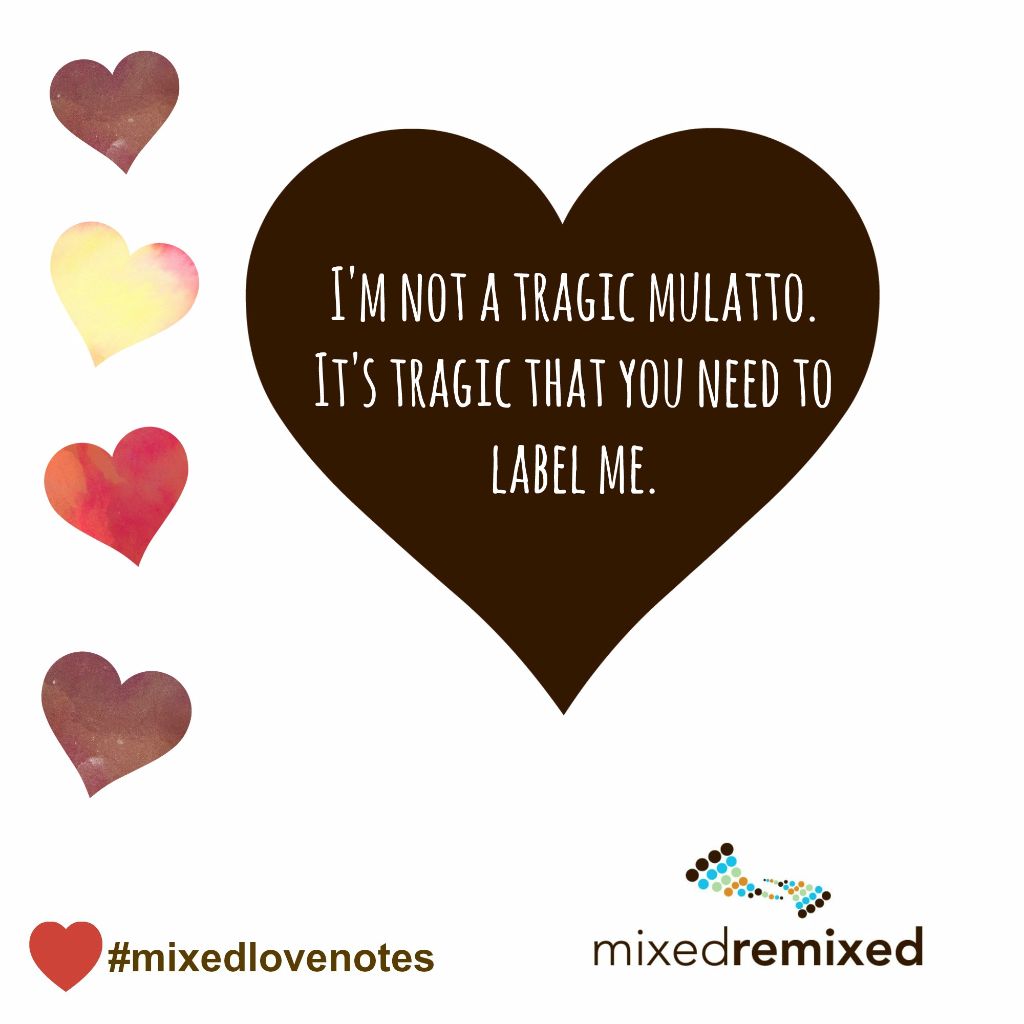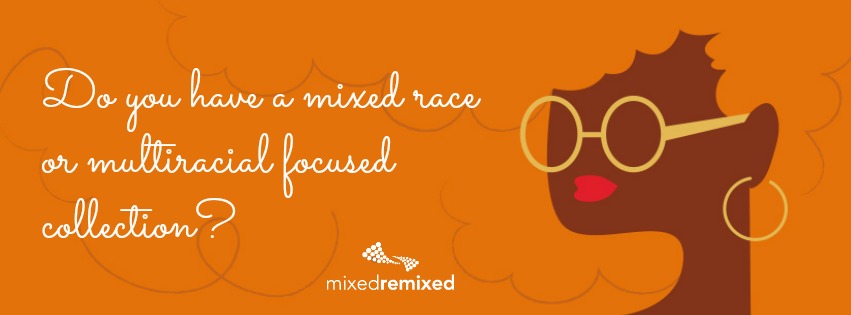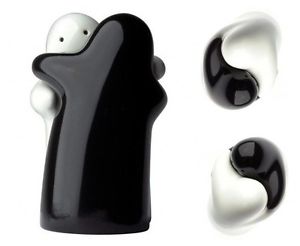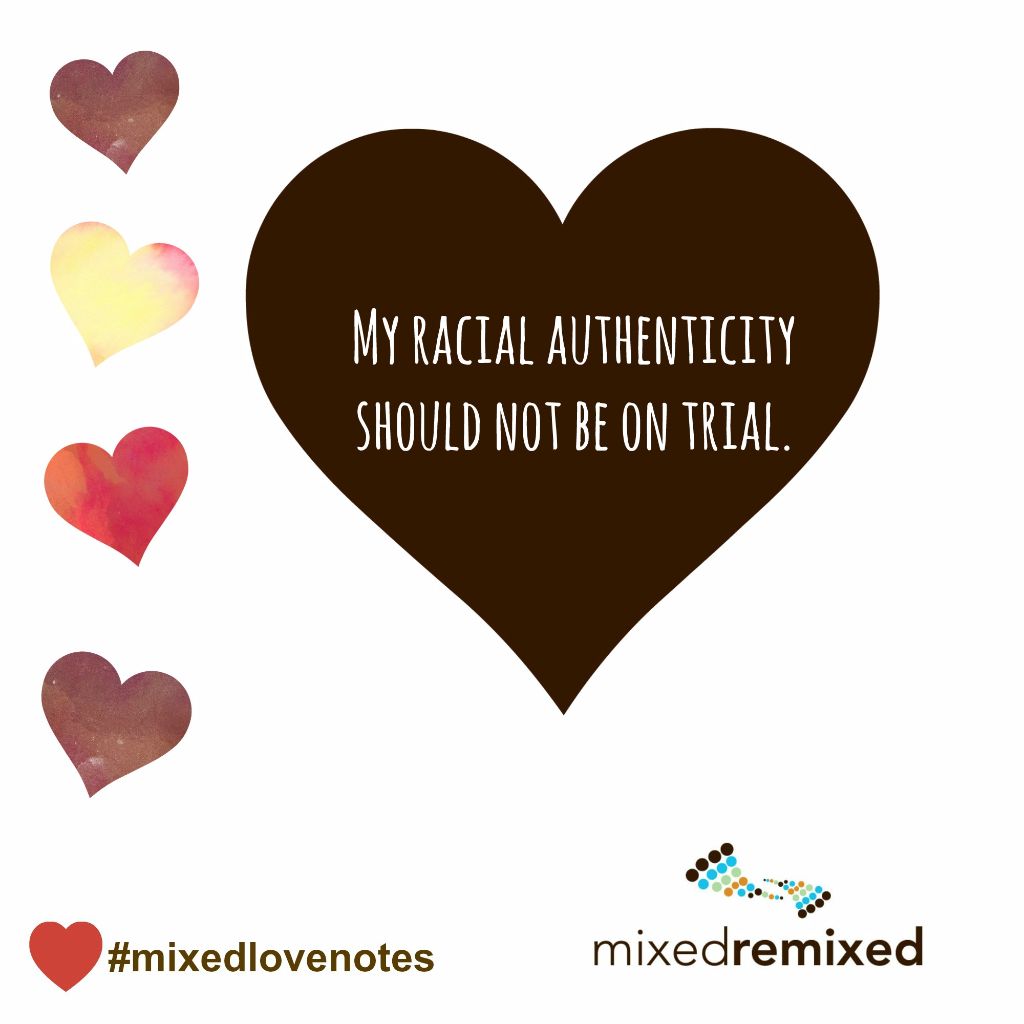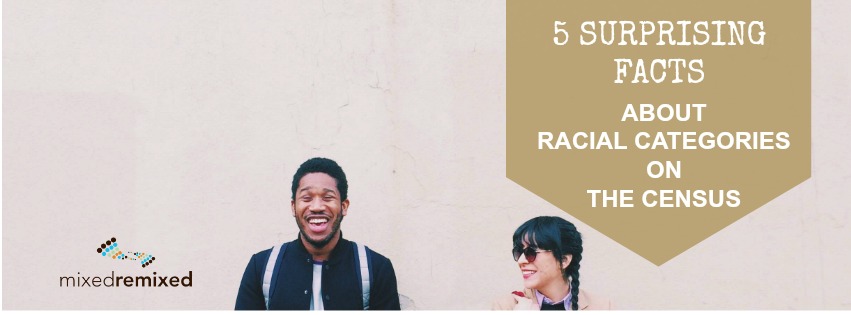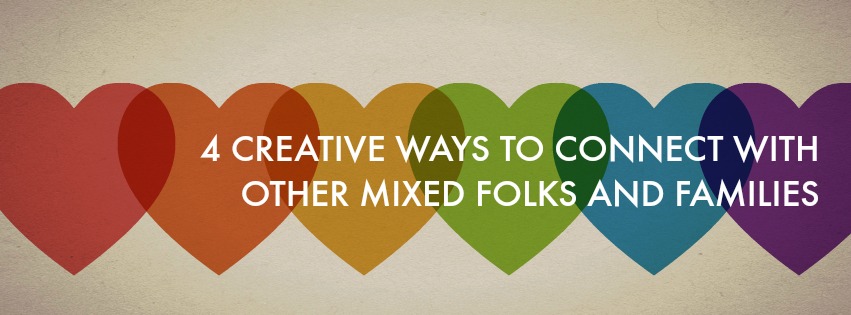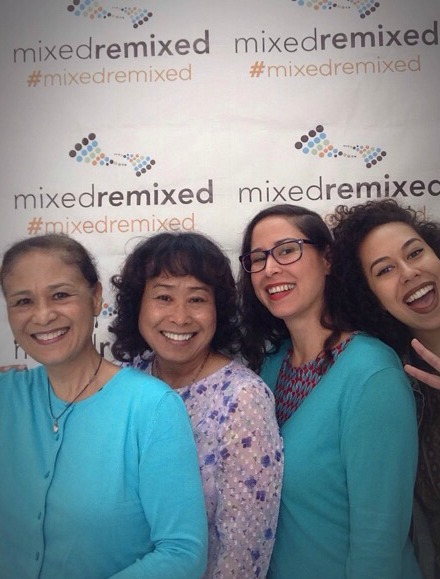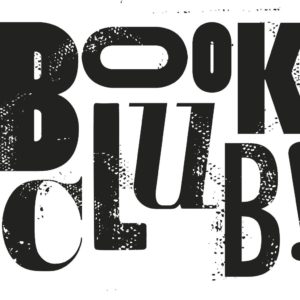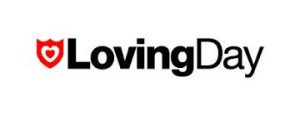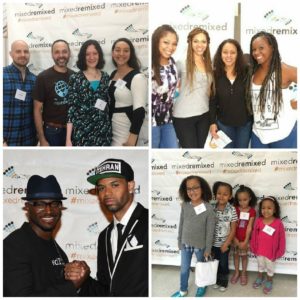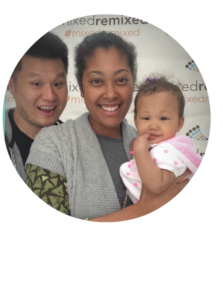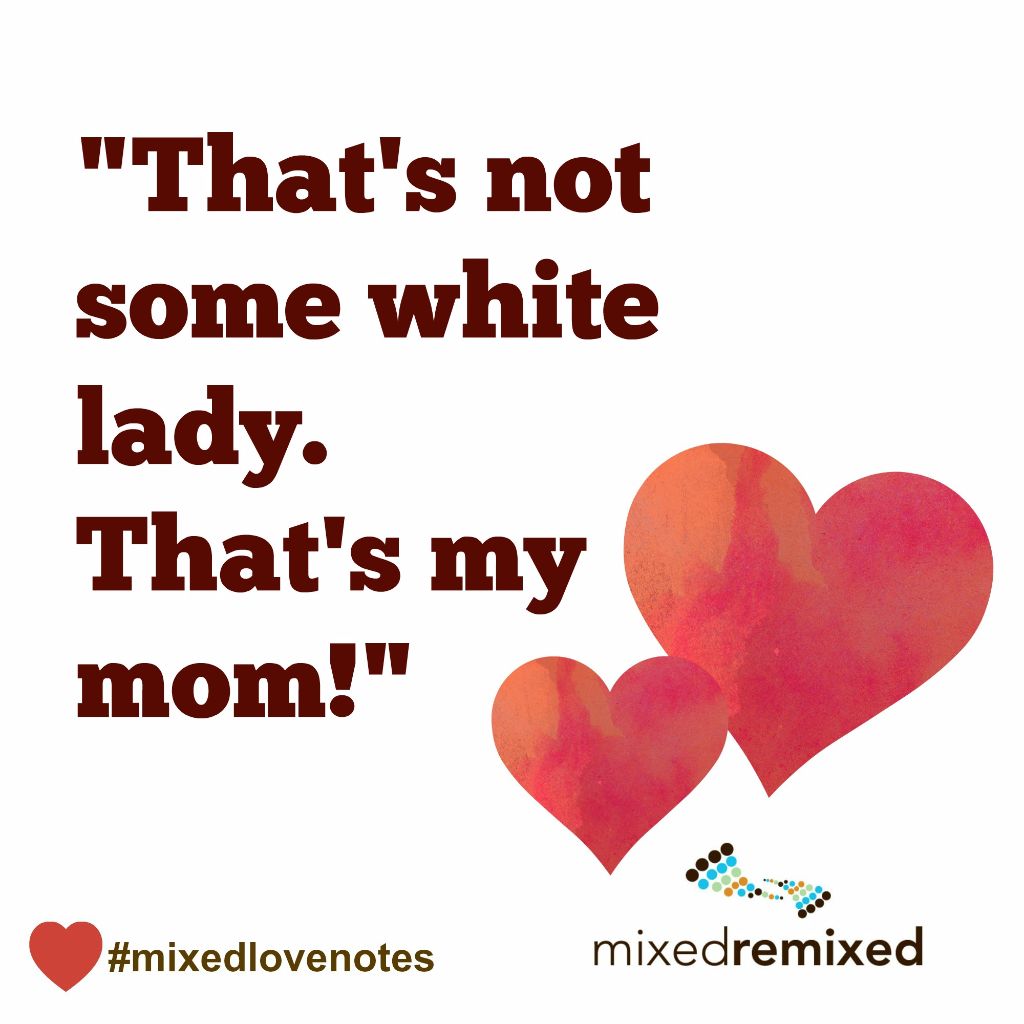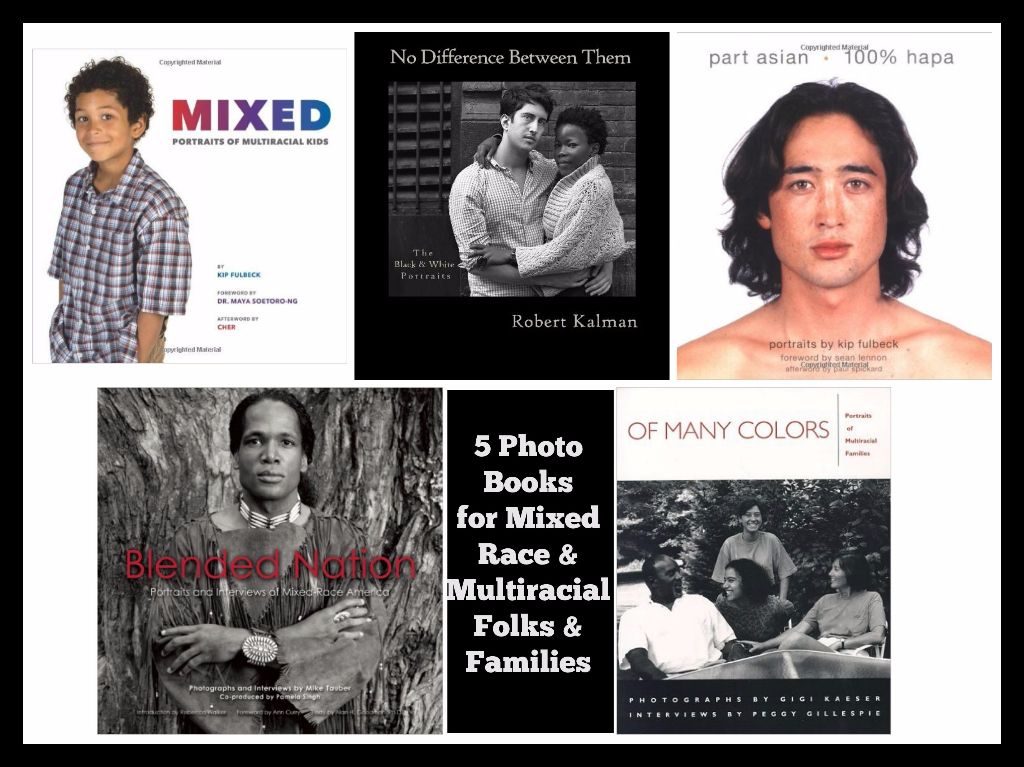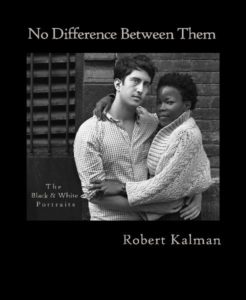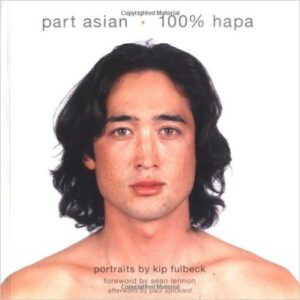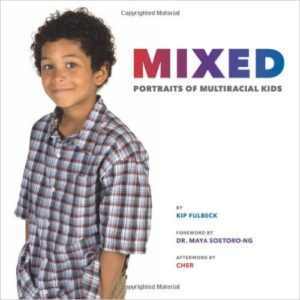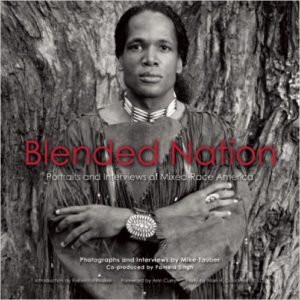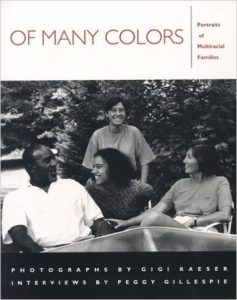Sometimes it feels like the needle is not moving fast enough on the conversation about mixed-race and multiracial identity and experience. But if we take a moment to take a look at the conversations that we’re having today, there are some changes happening in the way that people are talking. Here are 3 trends you should know about if you’re talking about mixed-ness these days:
Intersectionality
Legal scholar Kimberle Crenshaw provides a very good explanation of what intersectionality is about in this essay. (See also her 2016 TED Talk.) She’s not writing about mixed-race issues in particular but the ideas still apply.
“Intersectionality is an analytic sensibility, a way of thinking about identity and its relationship to power. Originally articulated on behalf of black women, the term broug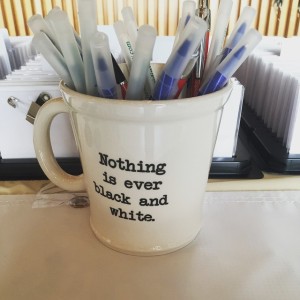 ht to light the invisibility of many constituents within groups that claim them as members, but often fail to represent them. Intersectional erasures are not exclusive to black women. People of color within LGBTQ movements; girls of color in the fight against the school-to-prison pipeline; women within immigration movements; trans women within feminist movements; and people with disabilities fighting police abuse — all face vulnerabilities that reflect the intersections of racism, sexism, class oppression, transphobia, able-ism and more. Intersectionality has given many advocates a way to frame their circumstances and to fight for their visibility and inclusion.” Kimberle Crenshaw
ht to light the invisibility of many constituents within groups that claim them as members, but often fail to represent them. Intersectional erasures are not exclusive to black women. People of color within LGBTQ movements; girls of color in the fight against the school-to-prison pipeline; women within immigration movements; trans women within feminist movements; and people with disabilities fighting police abuse — all face vulnerabilities that reflect the intersections of racism, sexism, class oppression, transphobia, able-ism and more. Intersectionality has given many advocates a way to frame their circumstances and to fight for their visibility and inclusion.” Kimberle Crenshaw
Multi-Generationally Mixed (MGM)
 More people are connecting with their mixed backgrounds. That means people who felt like they didn’t have permission before are claiming a heritage that had been denied them before. Many of those people are “multigenerationally mixed” — a kind of remix of mixing. NPR’s Leah Donella wrote a really great piece about this changing landscape and terminology for mixed-ness. You can read it here: All Mixed Up: What Do We Call People Of Multiple Backgrounds?
More people are connecting with their mixed backgrounds. That means people who felt like they didn’t have permission before are claiming a heritage that had been denied them before. Many of those people are “multigenerationally mixed” — a kind of remix of mixing. NPR’s Leah Donella wrote a really great piece about this changing landscape and terminology for mixed-ness. You can read it here: All Mixed Up: What Do We Call People Of Multiple Backgrounds?
Reclaiming the Word “Mulatto”
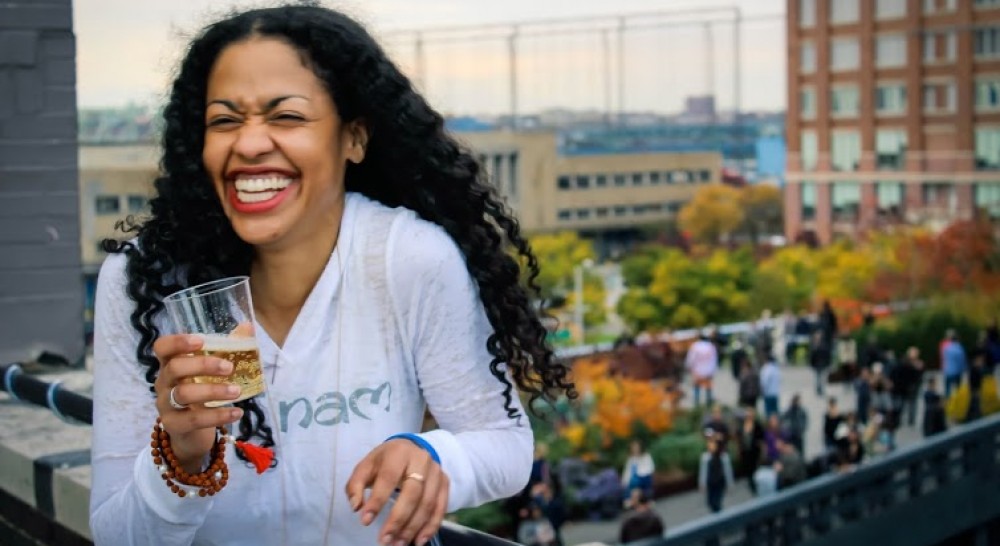 There is a lot of discussion about this word that many consider perjorative. But there are many thought leaders in the mixed race community who are eager to reclaim it in the same way that the LGBTQ movement reclaimed the word queer. I myself am sometimes one of these people when I jokingly refer to myself as a professional mulatto. You can check out the wonderful work of Tiffany Jones of the Mulatto Diaries (still relevant now a couple of years later). And definitely make sure that you read Mat Johnson’s defense of the word mulatto here: Why You Can Kiss My Mulatto Ass
There is a lot of discussion about this word that many consider perjorative. But there are many thought leaders in the mixed race community who are eager to reclaim it in the same way that the LGBTQ movement reclaimed the word queer. I myself am sometimes one of these people when I jokingly refer to myself as a professional mulatto. You can check out the wonderful work of Tiffany Jones of the Mulatto Diaries (still relevant now a couple of years later). And definitely make sure that you read Mat Johnson’s defense of the word mulatto here: Why You Can Kiss My Mulatto Ass
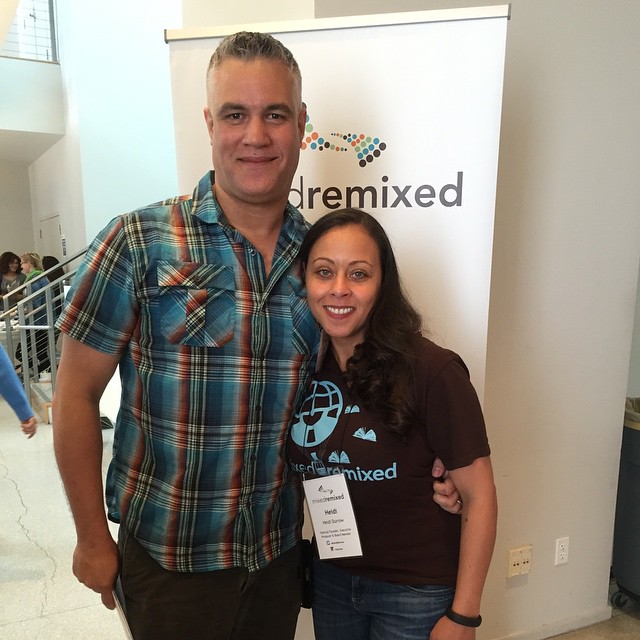 “Yo, I’m a mulatto. And I have to tell you, it’s great. I was black for most of my life, which is also great, but the thing is I look white and, coincidentally, my dad’s also white (he’s great too), and after a while I needed a word that offered me a better fit, and acknowledge my father and his whole family’s impact on my life, which was also a big part of my identity. So I converted to mulatto, which I see as a subset of the larger African American experience. I actually love the word mulatto.” – Mat Johnson
“Yo, I’m a mulatto. And I have to tell you, it’s great. I was black for most of my life, which is also great, but the thing is I look white and, coincidentally, my dad’s also white (he’s great too), and after a while I needed a word that offered me a better fit, and acknowledge my father and his whole family’s impact on my life, which was also a big part of my identity. So I converted to mulatto, which I see as a subset of the larger African American experience. I actually love the word mulatto.” – Mat Johnson
